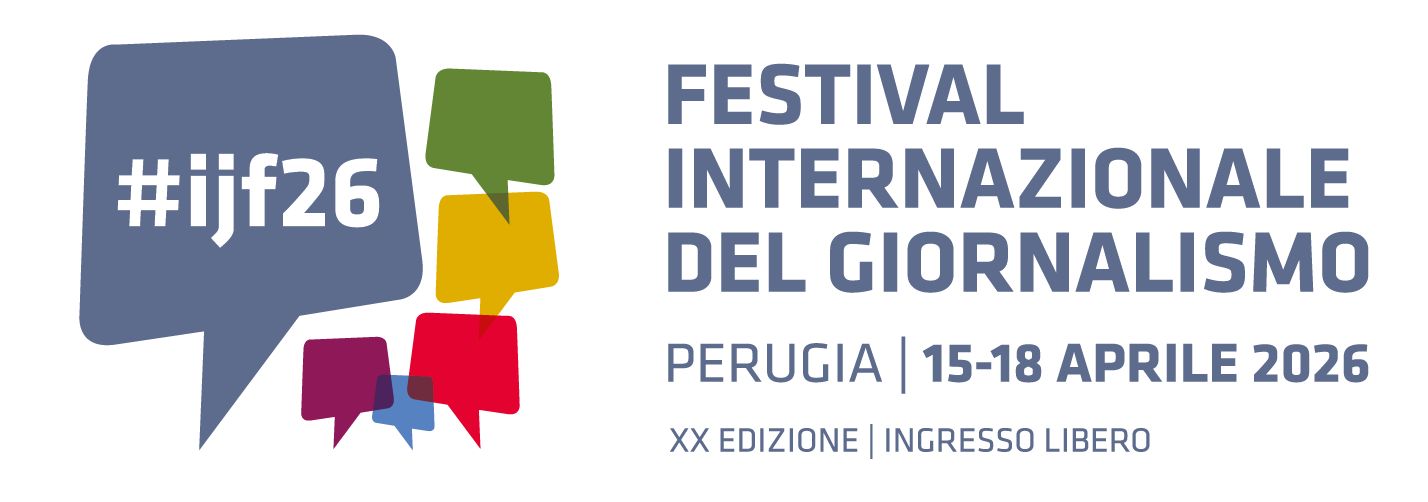It’s no secret that news media around the world are in trouble. Business models are failing, permanently and irreversibly altered by the algorithms of tech platforms. Media freedom globally is in decline as authoritarian governments, recognizing the power of independent journalism, become bolder and more sophisticated in their attacks on the media. Media capture is also on the rise, with political elites in emerging and threatened democracies capitalizing on the dire financial state of the news industry and the inevitable policy neglect and failures in media regulation that are common in these contexts.
To address other development priorities, the private sector has helped close the finance gap and unlock new capital through innovative finance and impact investing – with dividends seen in numerous sectors such as health, financial inclusion, and energy. Impact investors, ethically-minded businesses, and venture capitalists focused on social good have helped build an alternative model of development finance. But these approaches have yet to gain traction as a way to support independent journalism and build healthy information ecosystems.
Can the private sector help close the financing gap for independent journalism in developing countries, fledgling democracies and democracies under threat? What innovative finance approaches hold most promise to untie the purse-strings of companies? And, critically, can private sector approaches incentivize new business models and greater financial resilience among independent media outlets?
This panel will highlight examples of innovative finance vehicles that have successfully catalyzed private capital for independent journalism. It will also explore the potential challenges of applying these models to the media sector, in different regions, including difficult market conditions, the potential for political interference, and the risk that media outlets are not able to generate financial returns.
Organised in association with Center for International Media Assistance.






















